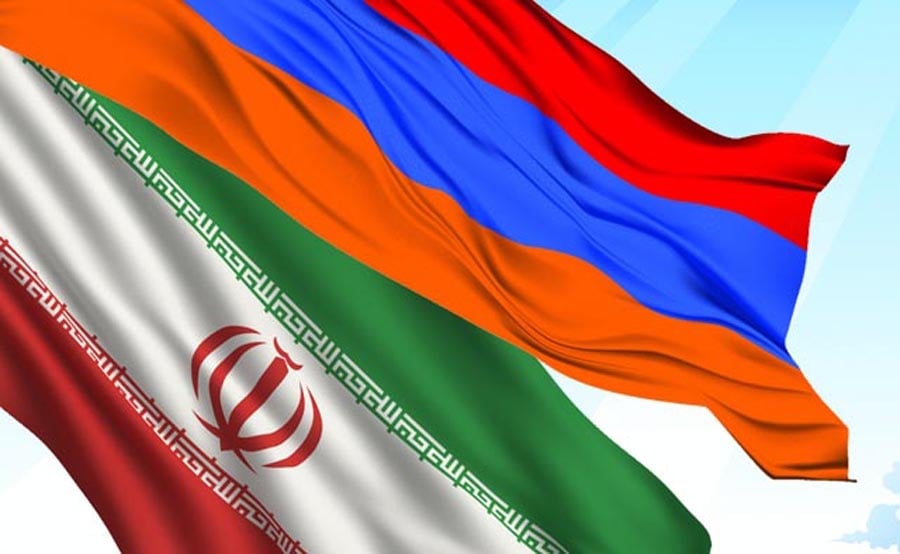In Armenia, both real and self-proclaimed experts on regional affairs have shared thoughts of varying depth about the escalating—and undeniably dangerous—conflict between Israel and Iran. While the broader geopolitical context is, of course, significant, what interests me more is how we, Armenians, perceive the actions of the parties involved.
First, setting aside political and moral judgments, we must acknowledge the high technical and professional level of Israel’s intelligence services and armed forces. Israel is clearly not a friendly country to us—it is, in fact, a close ally of Azerbaijan. Still, there is much we can learn. I am convinced that the foundation of that country’s strength lies in its ideology. Zionism, deeply rooted in centuries-old religious and national traditions, sustains Israel’s statehood. A strong economy, military industry, and effective army only exist when supported by a coherent and functioning state apparatus. And a state endures only when its people have shared goals and a vision—something far beyond the Armenian authorities’ current slogan of “just living.” In Israel’s case, that unifying vision is embodied in the symbol of the Temple.
Yet despite these instructive elements, my sympathy in this conflict lies with Iran. Here is what’s happening: Iran and the United States are negotiating over uranium enrichment; the sides fail to reach an agreement; and Iran is then “punished” by Israel—whose actions, according to Secretary of State Marco Rubio, are ones in which the U.S. is “not involved.” This kind of aggression demands a stronger rationale.
Yes, the Iranian regime is undoubtedly authoritarian—but that matters less to me than the fact that Iran genuinely wants to see Armenia as an independent state. Today, perhaps only Georgia shares that interest. The rest of the world’s actors either seek Armenia’s collapse (we know who they are), or are simply indifferent (Russia included).
Read also
Let us recall how Aliyev recently tried to persuade Iran to soften its opposition to the opening of the so-called “Zangezur corridor” — a route that would run through the sovereign territory of Armenia. It’s clear, isn’t it, who benefits from Iran’s weakening?
Aram ABRAHAMYAN




















































